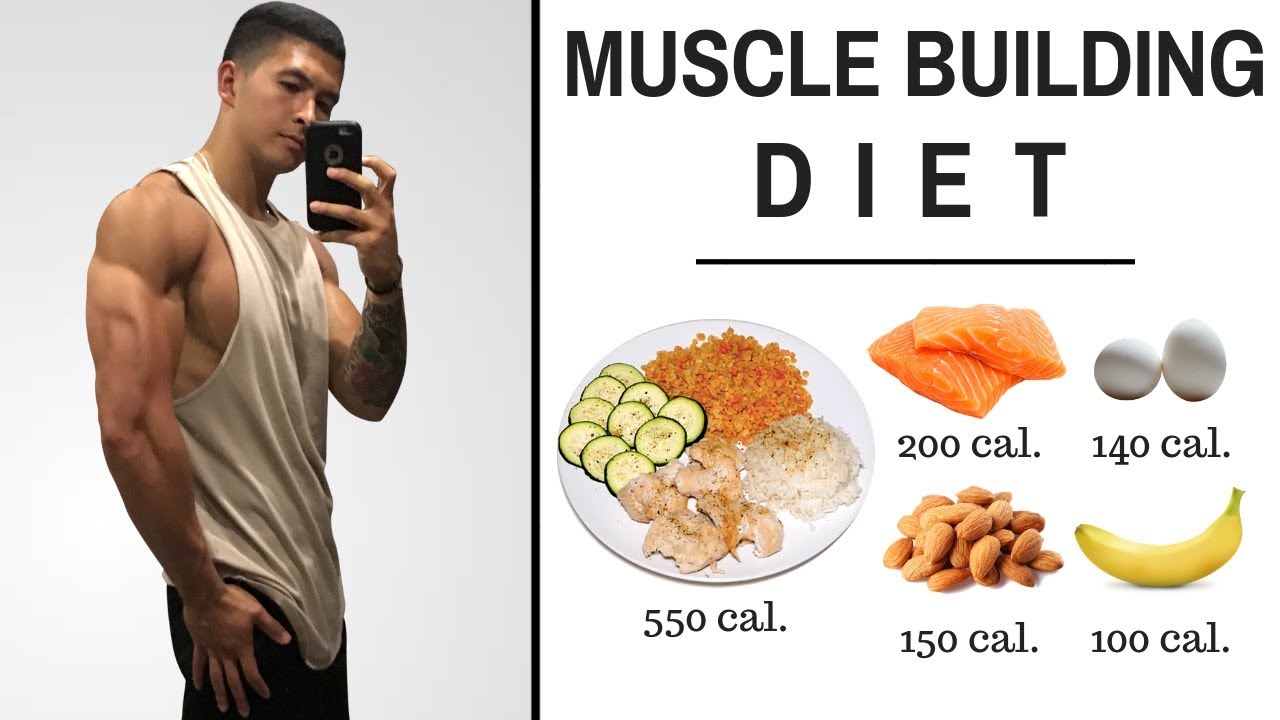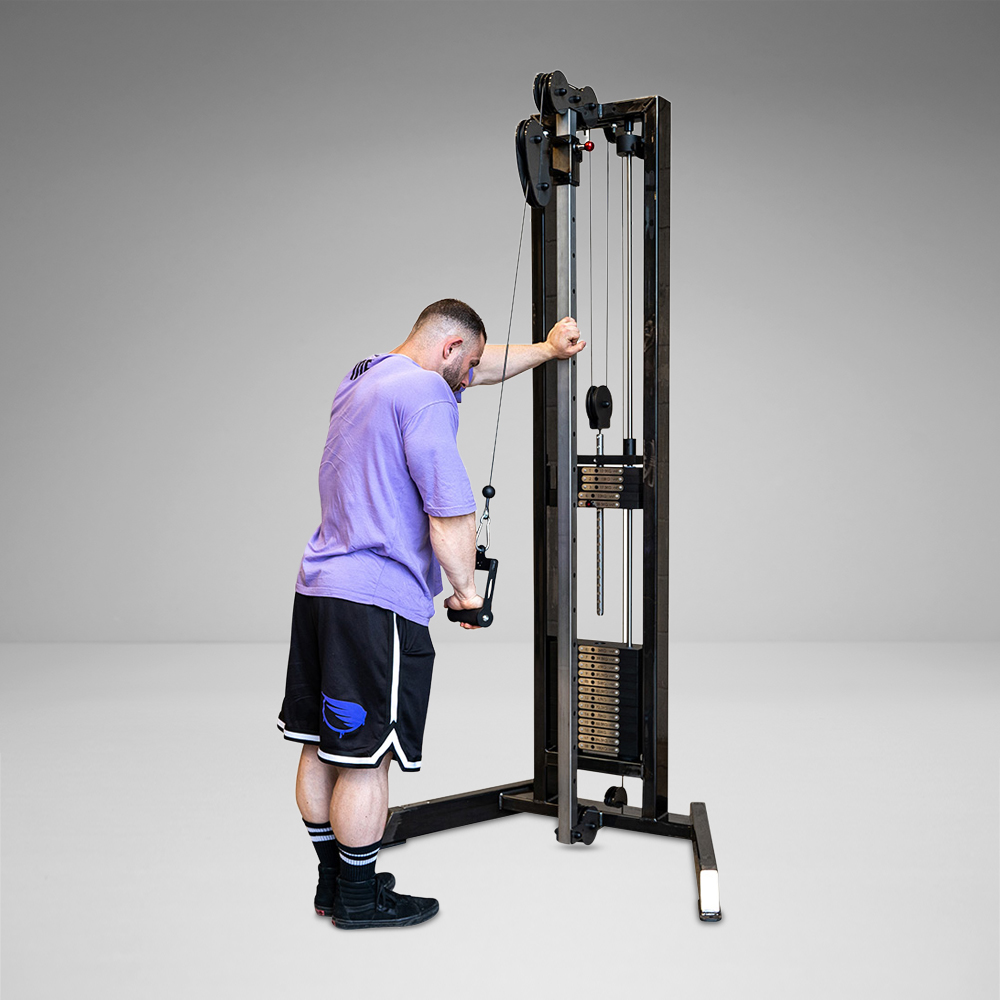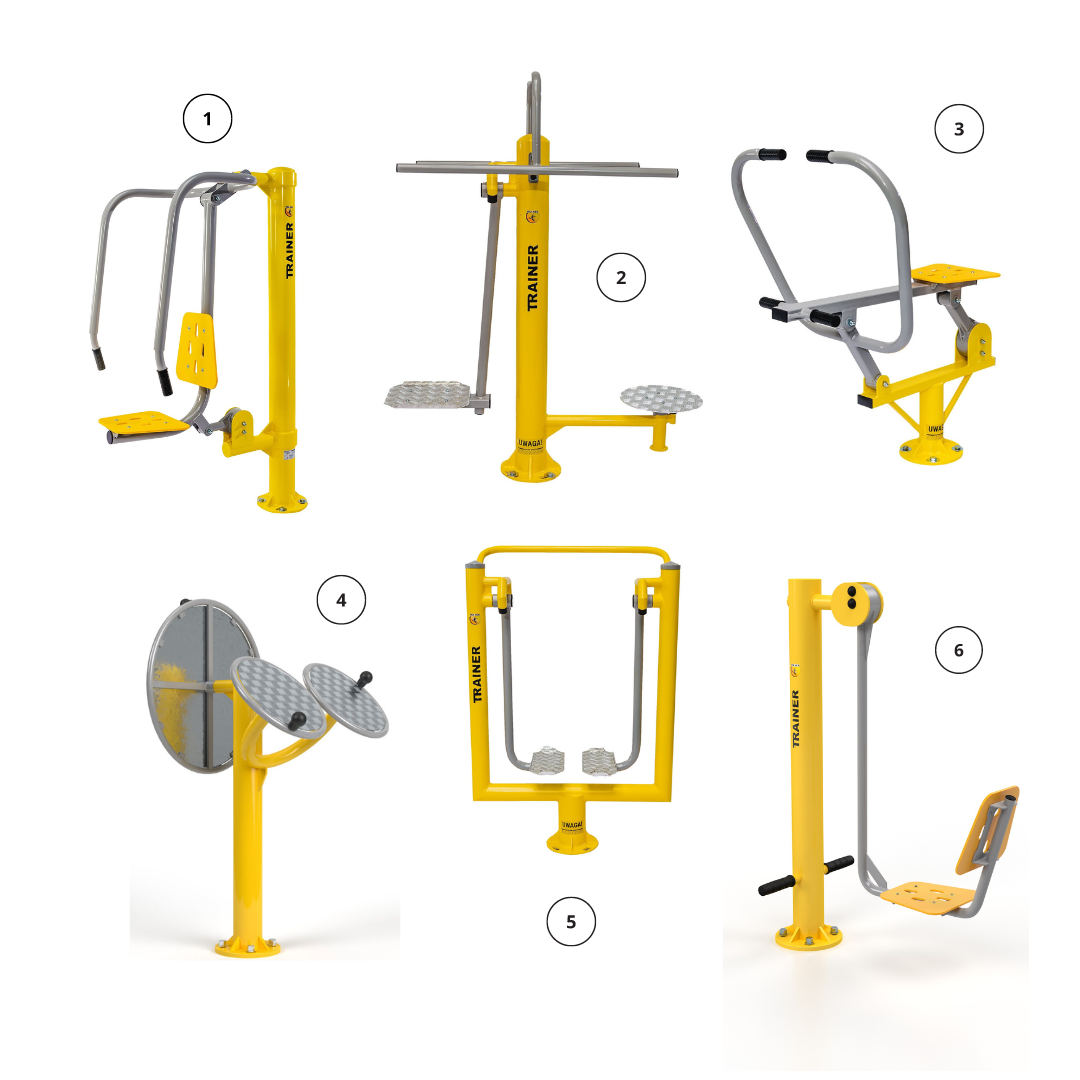What Healthy Foods to Eat to Gain Muscle? Eat lean meats, fish, eggs, dairy, legumes, nuts, seeds, and whole grains. Include fruits and vegetables for balanced nutrition.
Building muscle requires a well-rounded diet rich in protein, healthy fats, and complex carbohydrates. Lean meats like chicken and turkey provide essential amino acids that help muscle repair and growth. Fish, such as salmon and tuna, are excellent for their high protein content and omega-3 fatty acids.
Eggs offer a complete protein source, while dairy products like Greek yogurt and milk deliver calcium and vitamin D. Legumes, nuts, and seeds supply plant-based protein and healthy fats. Whole grains, like quinoa and brown rice, provide sustained energy. Including a variety of fruits and vegetables ensures you get vital vitamins and minerals for optimal muscle function and recovery.

Credit: in.pinterest.com
Introduction To Muscle Gain And Nutrition
What Healthy Foods to Eat to Gain Muscle? Building muscle isn’t just about lifting weights. Proper nutrition plays a crucial role. Eating the right foods helps fuel your workouts and aids muscle recovery.
To gain muscle, you need a balance of calories and macronutrients. This guide will help you understand the role of diet in muscle building.
The Role Of Diet In Muscle Building
Your diet provides the energy and nutrients needed for muscle growth. Eating the right foods can help you build muscle faster and more effectively.
- Proteins: Essential for muscle repair and growth. Aim for lean sources like chicken, fish, and beans.
- Carbohydrates: Provide energy for your workouts. Choose whole grains, fruits, and vegetables.
- Fats: Necessary for overall health. Opt for healthy fats like avocados, nuts, and olive oil.
Calories And Macronutrients: The Basics
To gain muscle, you need to consume more calories than you burn. This is called a caloric surplus. But not all calories are equal. You need the right balance of macronutrients.
| Macronutrient | Role | Sources |
|---|---|---|
| Protein | Builds and repairs muscle | Chicken, fish, beans, eggs |
| Carbohydrates | Fuel for workouts | Whole grains, fruits, vegetables |
| Fats | Supports overall health | Avocados, nuts, olive oil |
Tracking your caloric intake and macronutrient ratio helps you stay on track. Use apps or journals to monitor your food intake.
Remember, everyone’s needs are different. Adjust your diet based on your goals and body type.
Protein: The Muscle Building Macromolecule
What Healthy Foods to Eat to Gain Muscle? Protein is the key to muscle growth. It repairs and builds muscle tissues. Eating enough protein is essential for muscle gain. Here are some of the best protein sources and how much you need.
Best Protein Sources For Muscle Gain
Eating high-quality protein helps build muscle. Here are some top sources:
- Chicken Breast: Packed with lean protein. Easy to cook.
- Eggs: Whole eggs are rich in protein and nutrients.
- Fish: Salmon and tuna are excellent choices. They also have healthy fats.
- Greek Yogurt: Offers protein and probiotics. Great for digestion.
- Tofu: A plant-based option. Suitable for vegetarians and vegans.
- Beans and Lentils: High in protein and fiber. Good for heart health.
How Much Protein Do You Need?
Getting the right amount of protein is crucial. Here’s a simple guide:
| Body Weight | Protein Intake |
|---|---|
| 100 lbs | 50-70 grams per day |
| 150 lbs | 75-105 grams per day |
| 200 lbs | 100-140 grams per day |
Spread your protein intake throughout the day. This helps muscle recovery and growth.
Use these protein sources and guidelines. Watch your muscles grow stronger each day.
Carbohydrates: Fueling Your Workouts
Carbohydrates are crucial for muscle gain. They provide the energy you need for intense workouts. Without carbs, you might feel tired and weak. This can affect your performance in the gym.
Choosing The Right Carbs
Not all carbs are the same. Complex carbs are the best for muscle gain. These carbs digest slowly, giving you steady energy. Examples include:
- Whole grains like oats and quinoa
- Brown rice and sweet potatoes
- Fruits and vegetables
- Legumes such as beans and lentils
Avoid simple carbs like sugary snacks and white bread. They cause a quick spike in blood sugar. This can lead to an energy crash later.
Timing Your Carb Intake
Timing your carbs can boost your workouts. Eat carbs before your workout for energy. Pre-workout carbs should be eaten 1-2 hours before exercise. This can include:
- A banana with peanut butter
- A bowl of oatmeal with berries
- A whole grain toast with avocado
Post-workout carbs help in recovery. Post-workout carbs should be eaten within 30 minutes after exercise. Examples include:
- A protein shake with a banana
- Greek yogurt with honey
- Brown rice with chicken
Carbs aid in replenishing glycogen stores. This is key for muscle repair and growth.

Credit: fitnesshealth.co
Fats: The Good, The Bad, And The Necessary
Fats often get a bad reputation in the world of fitness. Yet, they are essential for muscle gain. Not all fats are created equal. Some are beneficial, while others can be harmful. Understanding the difference can help you make better dietary choices.
Healthy Fats For Muscle Gain
Healthy fats are crucial for muscle growth. They provide energy and support hormone production.
- Omega-3 fatty acids: Found in fish, flaxseeds, and walnuts. These fats reduce inflammation and support recovery.
- Monounsaturated fats: Found in olive oil, avocados, and nuts. These fats support heart health and provide steady energy.
- Polyunsaturated fats: Found in sunflower oil, soybeans, and fish. These fats improve brain function and cell growth.
Balancing Fat Intake
What Healthy Foods to Eat to Gain Muscle? Balancing your fat intake is crucial for muscle gain. Too much or too little can hinder progress.
- Include healthy fats in each meal. This ensures a steady energy supply.
- Avoid trans fats. These are found in processed foods and can harm your health.
- Limit saturated fats. These are found in red meat and dairy. Too much can increase cholesterol levels.
A balanced approach helps in achieving muscle gain effectively. Including a variety of healthy fats supports overall well-being.
| Type of Fat | Source | Benefits |
|---|---|---|
| Omega-3 fatty acids | Fish, flaxseeds, walnuts | Reduces inflammation, supports recovery |
| Monounsaturated fats | Olive oil, avocados, nuts | Supports heart health, provides steady energy |
| Polyunsaturated fats | Sunflower oil, soybeans, fish | Improves brain function, cell growth |
Vitamins And Minerals: The Unsung Heroes
Building muscle requires more than just protein and heavy lifting. Vitamins and minerals play a crucial role in muscle growth. Often overlooked, they are essential for muscle health and function. Let’s dive into some key vitamins and minerals that support muscle gain.
Key Vitamins For Muscle Health
- Vitamin D: Supports bone health and muscle function. It enhances muscle strength.
- Vitamin C: Essential for collagen production. It aids in muscle repair and growth.
- Vitamin E: Acts as an antioxidant. It protects muscle cells from damage.
- Vitamin B12: Supports red blood cell production. It improves oxygen delivery to muscles.
Important Minerals For Muscle Function
| Mineral | Function |
|---|---|
| Magnesium | Supports muscle relaxation and contraction. It prevents cramps and spasms. |
| Zinc | Boosts immune function and protein synthesis. It aids in muscle repair. |
| Calcium | Vital for muscle contractions. It also supports bone health. |
| Iron | Essential for oxygen transport in the blood. It helps in energy production. |
What Healthy Foods to Eat to Gain Muscle? Ensuring a balanced intake of these vitamins and minerals can enhance muscle growth. They work behind the scenes, but their impact is significant. Incorporate a variety of foods to meet these nutritional needs.
Hydration: Water’s Role In Muscle Building
Water is essential for muscle growth. Staying hydrated helps your muscles recover. It also supports muscle function. Water is crucial for nutrient transport and muscle contractions.
How Much Water Do You Need?
Drink at least 8 cups of water a day. If you exercise, drink more. Aim for 12-16 cups if you are very active. Listen to your body and adjust your intake.
| Activity Level | Daily Water Intake |
|---|---|
| Sedentary | 8 cups (2 liters) |
| Moderately Active | 12 cups (3 liters) |
| Highly Active | 16 cups (4 liters) |
The Impact Of Hydration On Performance
Hydration boosts your energy levels. It helps your muscles work harder and longer. Dehydration can cause muscle cramps and fatigue. Stay hydrated to avoid these issues.
Water also helps to remove toxins. It keeps your joints lubricated. This prevents injuries during workouts. Your overall performance improves with proper hydration.
Hydration aids in protein synthesis. This is vital for muscle growth. It also helps in muscle repair after workouts. Ensure you drink enough water daily.
Meal Planning And Timing
Planning your meals and timing them right is key for muscle gain. Your body needs the right nutrients at the right times to build muscle efficiently. Here we break down how to craft a muscle-building meal plan and the importance of meal timing.
Crafting A Muscle-building Meal Plan
Creating a muscle-building meal plan involves selecting foods rich in protein, healthy fats, and complex carbs. You need to balance these nutrients for optimal muscle growth.
Here is a sample meal plan:
| Meal | Food | Calories |
|---|---|---|
| Breakfast | Oatmeal with berries and nuts | 350 |
| Mid-Morning Snack | Greek yogurt with honey | 200 |
| Lunch | Grilled chicken with quinoa and vegetables | 500 |
| Afternoon Snack | Protein shake with a banana | 300 |
| Dinner | Salmon with brown rice and broccoli | 600 |
| Evening Snack | Cottage cheese with pineapple | 150 |
The Importance Of Meal Timing
Meal timing helps your body use nutrients more effectively. Eating protein-rich meals at regular intervals supports muscle repair and growth.
Consider these tips:
- Eat every 3-4 hours to keep your metabolism active.
- Post-workout meals should include protein and carbs to replenish energy.
- Pre-bedtime snack with slow-digesting protein helps muscle recovery overnight.
Timing meals around workouts is crucial. Eat a balanced meal 1-2 hours before exercise for energy. Follow your workout with a protein-rich meal within 30 minutes for muscle repair.
Supplements: Do You Need Them?
What Healthy Foods to Eat to Gain Muscle? When aiming to gain muscle, your diet plays a critical role. You might ask, do you need supplements? Supplements can enhance your results, but they are not essential. Understanding the different types and their benefits will help you make an informed decision.
Common Supplements For Muscle Gain
Many athletes and bodybuilders use supplements to speed up muscle growth. Here are some common options:
- Protein Powder: Helps repair and build muscles.
- Creatine: Boosts strength and performance.
- Branched-Chain Amino Acids (BCAAs): Reduces muscle soreness.
- Beta-Alanine: Increases endurance during workouts.
- Fish Oil: Reduces inflammation and promotes joint health.
Natural Vs. Synthetic Supplements
Choosing between natural and synthetic supplements can be confusing. Here’s a breakdown:
| Natural Supplements | Synthetic Supplements |
|---|---|
| Derived from whole foods. | Produced in labs. |
| Less processed. | Highly processed. |
| May contain additional nutrients. | Often more concentrated. |
Natural supplements come from whole foods and are less processed. They may also contain additional nutrients. Synthetic supplements are made in labs and are more concentrated. Both types have their benefits and drawbacks. Your choice depends on your needs and preferences.
Putting It All Together: A Sample Meal Plan
Building muscle requires a well-rounded diet. A well-planned meal helps you achieve your goals. Here, we outline a sample meal plan. This plan is designed to fuel your muscle-building journey.
A Day In The Diet Of A Muscle-builder
| Meal | Time | Food |
|---|---|---|
| Breakfast | 7:00 AM |
|
| Mid-Morning Snack | 10:00 AM |
|
| Lunch | 1:00 PM |
|
| Afternoon Snack | 4:00 PM |
|
| Dinner | 7:00 PM |
|
| Evening Snack | 9:00 PM |
|
Adjusting The Plan To Your Needs
Everyone’s body is different. Tailor your meal plan to suit your goals. Pay attention to your body’s signals. Ensure you eat enough protein and carbs.
Make small adjustments based on your workout routine. Add more meals if you need extra energy. Swap foods based on your preferences and dietary restrictions.
Keep your diet balanced and nutrient-rich. Track your progress and adjust accordingly. Stay consistent and motivated in your muscle-building journey.
Conclusion: Sustainable Muscle Building
Eating the right foods is crucial for muscle growth. Combining a balanced diet with regular workouts will help you build muscle sustainably. Here’s how to keep it going.
Key Takeaways
- Eat protein-rich foods like chicken, fish, and beans.
- Include carbohydrates such as whole grains and fruits.
- Don’t forget healthy fats like avocados and nuts.
- Stay hydrated with plenty of water.
- Consume small, frequent meals to keep energy levels up.
Staying Motivated And Consistent
Consistency is key in muscle building. Set clear, achievable goals. Track your progress regularly to stay motivated.
| Tip | Details |
|---|---|
| Plan your meals | Prepare meals in advance to avoid unhealthy choices. |
| Workout routine | Follow a structured exercise plan for balanced muscle growth. |
| Rest and recovery | Allow your muscles to rest to avoid overtraining. |
By following these tips and eating the right foods, you’ll build muscle sustainably and healthily.

Credit: www.eatingwell.com
Frequently Asked Questions
What Foods Should I Eat To Build Muscle?
To build muscle, eat lean proteins like chicken, fish, and eggs. Include complex carbs like brown rice and oats. Add healthy fats from avocados, nuts, and olive oil. Incorporate vegetables and fruits for vitamins and minerals. Stay hydrated and consider protein shakes for extra protein intake.
What To Drink To Gain Muscle?
Drink protein shakes, chocolate milk, and smoothies with protein powder. Hydrate with water and consume electrolyte drinks.
What Foods Should I Avoid While Building Muscle?
Avoid sugary snacks, fried foods, alcohol, excessive dairy, and processed foods. Focus on whole foods for muscle growth.
What To Take To Build Muscle Fast?
Consume protein-rich foods, such as lean meats, eggs, and dairy. Include complex carbs and healthy fats. Stay hydrated. Use supplements like whey protein and creatine. Maintain a consistent workout routine with strength training exercises. Get adequate sleep and rest for muscle recovery.
Conclusion
Building muscle requires the right nutrition. Focus on lean proteins, whole grains, and healthy fats. Incorporate fruits and vegetables for essential vitamins. Consistency is key to seeing results. By choosing the right foods, you support your muscle growth and overall health.
Stay committed to your diet and enjoy the benefits of a stronger body.




Leave a Reply